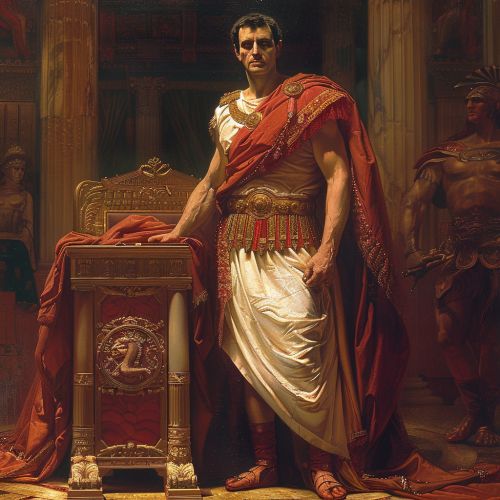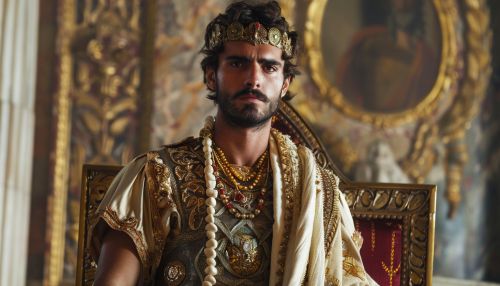Arsaces II
Early Life
Arsaces II, also known as Arsaces of Parthia and Arsaces the Great, was a ruler of the Parthian Empire during the 3rd century BC. His exact birth date is not known, but it is believed that he was born in the late 4th century BC. He was the son of Arsaces I, the founder of the Parthian Empire.
Ascension to the Throne
Following the death of his father, Arsaces II ascended to the throne in 211 BC. His ascension marked the beginning of a new era in the Parthian Empire, as he sought to expand and strengthen the empire that his father had established.
Reign
Arsaces II's reign was marked by a series of military campaigns aimed at expanding the Parthian Empire. He successfully conquered several neighboring territories, including parts of Bactria, Sogdiana, and Aria. His military successes significantly increased the size and power of the Parthian Empire.


Military Campaigns
One of Arsaces II's most notable military campaigns was the conquest of Bactria. In 209 BC, he launched a successful invasion of the region, defeating the local ruler and incorporating Bactria into the Parthian Empire. This victory was a significant achievement for Arsaces II, as it greatly increased the size and power of the Parthian Empire.
In addition to his conquest of Bactria, Arsaces II also launched successful military campaigns against Sogdiana and Aria. These victories further expanded the Parthian Empire and solidified Arsaces II's reputation as a formidable military leader.
Death and Succession
Arsaces II died in 191 BC, after a reign of 20 years. He was succeeded by his son, Phriapatius, who continued his father's policy of military expansion and consolidation of the Parthian Empire.
Legacy
Arsaces II's reign marked a significant period in the history of the Parthian Empire. His successful military campaigns expanded the empire's territories and increased its power and influence in the region. His leadership also laid the foundation for the future success of the Parthian Empire, which would go on to become one of the most powerful empires in the ancient world.
